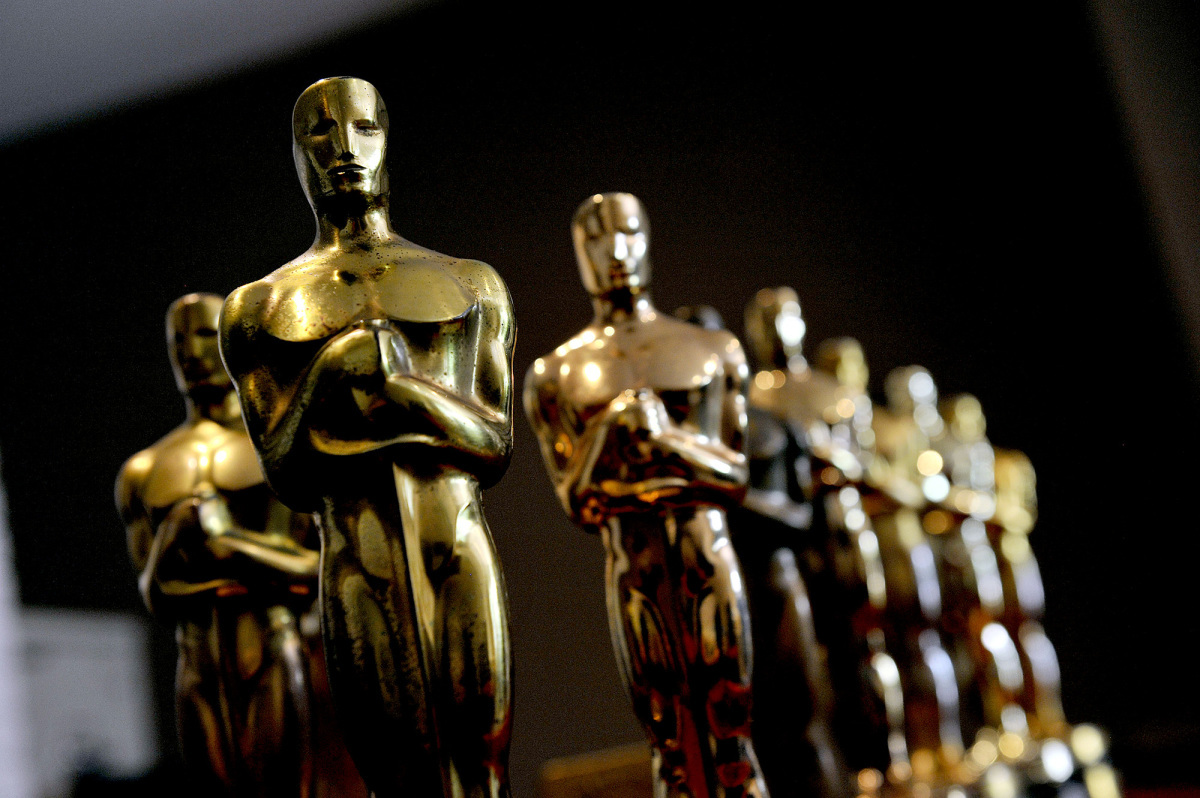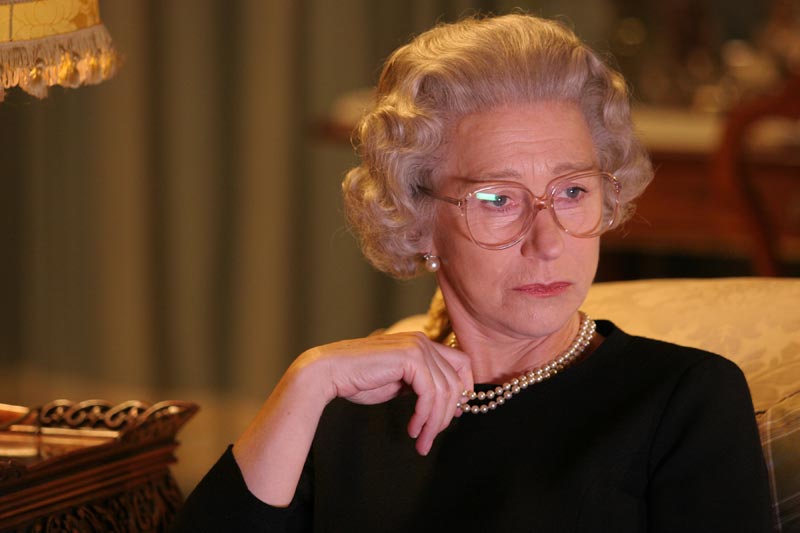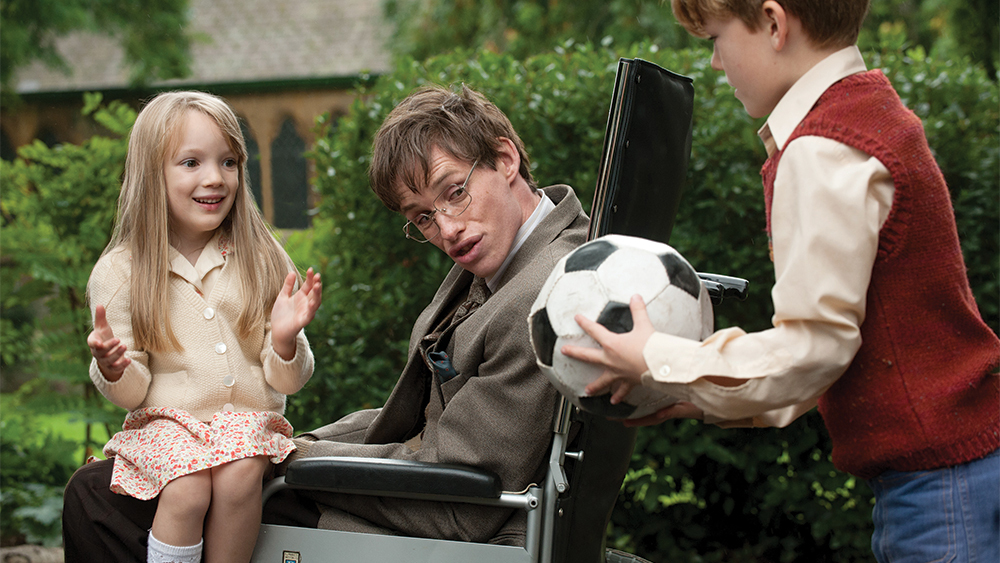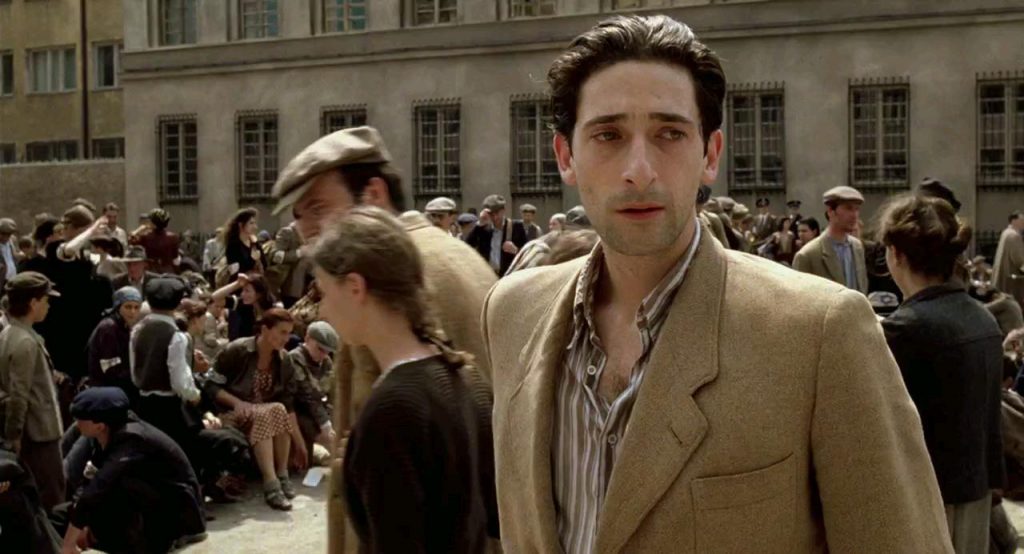
The Academy Awards are the most highly anticipated and important cinematic event of the year. Winning an Oscar is a crowning achievement in show business, and even securing a nomination prefixes the artist’s name with ‘Oscar nominee’. In his acceptance speech for the Best Actor in a Supporting Role in 2005, George Clooney joked that this feat will be mentioned on his gravestone. With a plethora of precursor awards, the Oscars have become fairly predictable, particularly since 2000, in announcing the winners (barring last year’s Best Picture snafu). Even before a film hits the theatres, there is Oscar buzz around it. Case in point: Dunkirk, Lady Bird, The Post, and Darkest Hour. But what makes a certain film an ‘Oscar bait’? We navigate the rudiments of an Oscar winner (or nominee) and bring to you the secret strategem of the judges — read along to earn your spot on the jury itself!
Criterion 1: Get Real

Helen Mirren in ‘Queen’; Image: thewrap.com
Playing real life characters is no easy task. It requires intensive research to get the demeanour, voice, accent, and peculiar tics right. Actors who get to headline a biographical film usually find the task all the more challenging if the subject of the biopic is either alive or has been captured in motion. With a staggering amount of visual content available today, it is not difficult for casual moviegoers to draw comparisons and distinguish an effortless rendition from a caricatural impersonation. Dame Helen Mirren’s portrayal of Queen Elizabeth II in 2006’s Queen was praised by Her Majesty herself, and won her the Oscar for Best Actress.
But what about characters who predate the movie camera, for instance, Queen Elizabeth I or Abraham Lincoln? For both Elizabeth (1998) and Lincoln (2012), the look of the protagonists was finalised on the basis of official portraits, but to nail every other mannerism, both Cate Blanchett and Daniel Day-Lewis perused numerous biographies on the leaders. Whilst Day-Lewis’s performance as the 16th American President helped him garner his third Oscar for Best Actor, Blanchett earned international breakthrough by winning a BAFTA and Golden Globe for Elizabeth. She later won her first Oscar for her supporting role as the legendary actress, Katherine Hepburn, in 2004’s The Aviator.
Other winners who meet this criterion: Meryl Streep (The Iron Lady, 2011); Nicole Kidman (The Hours, 2002); Sean Penn (Milk, 2008); Forest Whitaker (The Last King of Scotland, 2006); Colin Firth (The King’s Speech, 2010); Reese Witherspoon (Walk the Line, 2005); Charlize Theron (Monster, 2003).
Fun Fact: From 2013 to 2015, four out of five nominations for the Best Actor in a Leading Role were for biographical roles.
Criterion 2: 99 Problems

Eddie Redmayne in ‘The Theory of Everything’; Image: variety.com
With no intention of sounding irreverent, the Academy tends to favour performances where the characters face life-altering problems, which could be physical, mental, or emotional. In 2014, both the Oscar winners in leading roles suffered from medical conditions. Julianne Moore, in Still Alice, played a linguistics professor who gets diagnosed with Alzheimer’s disease. To understand the condition better, Moore watched documentaries on the disease, and visited patients in support groups. Empire magazine hailed her performance as ‘note-perfect’, and Moore picked up the Golden Globe, BAFTA, and SAG in addition to the Oscar. The same year, her male counterpart, Eddie Redmayne won the Best Actor for his moving portrayal of renowned theoretical physicist, Stephen Hawking, whose slow-progressing ALS confined him to the wheelchair and impaired his speech. (Redmayne also fulfills Criterion 1.) Grief and emotional trauma also make actors eligible for an Oscar. Brie Larson, as a rape survivor in 2015’s Room, displayed an astonishing range of her acting prowess, and rightly won.
Other winners who meet this criterion: Halle Berry (Monster’s Ball, 2001); Natalie Portman (Black Swan, 2010); Casey Affleck (Manchester by the Sea, 2016); Cate Blanchett (Blue Jasmine, 2013); Jennifer Lawrence (Silver Linings Playbook, 2012).
Criterion 3: New Phone, Who Dis?

Jared Leto in ‘Dallas Buyers Club’; Image: digitalspy.com
Undergoing physical transformation is a critical part of taking on a new persona. In order to play a historical figure and/or a character who has had to endure a lot, it is natural for actors to not look red-carpet ready. However, this isn’t as simple as going make-up free; instead, sometimes it involves undergoing a radical change with the help of prosthetics, thus rendering the actors nearly unrecognisable. Heath Ledger posthumously won an Oscar for the Best Supporting Actor for The Dark Knight (2008), wherein he coloured his hair green, wore make-up and a prosthetic lower lip (the only time the Academy considered a comic-book movie in the acting category). The same year, Robert Downey Jr. earned a nomination in the same category for his role as an Australian method actor who undergoes pigmentation alteration to play a black soldier in Tropic Thunder (2008). Nicole Kidman donned a prosthetic nose to get into the skin of English writer Virginia Woolf for The Hours (2002); and for her role as Fantine in 2012’s Les Miserables, Anne Hathaway lost 11 kgs and allowed her hair to be cut on camera. Jared Leto, too, lost 13 kgs, waxed his eyebrows and the rest of his body, and modulated his voice to portray a trans-woman with HIV in Dallas Buyers Club (2013).
Other winners who meet this criterion: Charlize Theron (Monster, 2003); Marion Cotillard (La Vie En Rose, 2007).
Nominees: Brad Pitt (The Curious Case of Benjamin Button, 2008); Johnny Depp (The Pirates of the Caribbean: The Curse of the Black Pearl, 2003); Eddie Redmayne (The Danish Girl, 2015); Rooney Mara (The Girl with the Dragon Tattoo, 2011).
Criterion 4: Wars of the World

Adrien Brody in ‘The Pianist’; Image: agreatmovieblog.wordpress.com
Films on war and political intrigue are eagerly scrutinised by critics because of the sensitivity of the subject, and the Second World War often coincides with the tragic events of the Holocaust. With the Academy’s attention already drawn towards this genre, starring in these films increases the chances of getting an acting nod. In 2002, Adrien Brody became the youngest actor to win Best Actor in a leading role for his harrowing portrayal of Holocaust survivor Władysław Szpilman in The Pianist. Quentin Tarantino’s tale of an alternate history of the Second World War, Inglourious Basterds, earned Christoph Waltz the Best Supporting Actor nod in 2009, in which he played ‘Jew Hunter’ Hans Landa. As a wounded deserter from the Confederate Army during the American Civil War, Jude Law was nominated for Best Actor for 2003’s Cold Mountain. And veteran actor Mark Rylance won the Best Supporting Actor in 2015 for his role as Rudolph Abel, a Soviet spy, in the Cold War drama Bridge of Spies.
Other winners who meet this criterion: Kate Winslet (The Reader, 2008); Renée Zellweger (Cold Mountain, 2003).
Nominees: Andrew Garfield (Hacksaw Ridge, 2016); Bradley Cooper (American Sniper, 2014); Benedict Cumberbatch (The Imitation Game, 2014).
Although these criteria have become the norm, there always are some pleasant exceptions such as 2016’s Best Actress winner, Emma Stone for La La Land. Watching the Academy defy traditions and go against the grain is what makes the Oscars The Event of the year. As the winners for 2017 are all but announced, let’s wait and watch how many of these boxes get ticked!
The 90th Academy Awards will be announced on March 5, 2018 (6:30 a.m. Indian Standard Time). Watch this space for the complete list of winners.
Featured Image Courtesy: bgr.com

